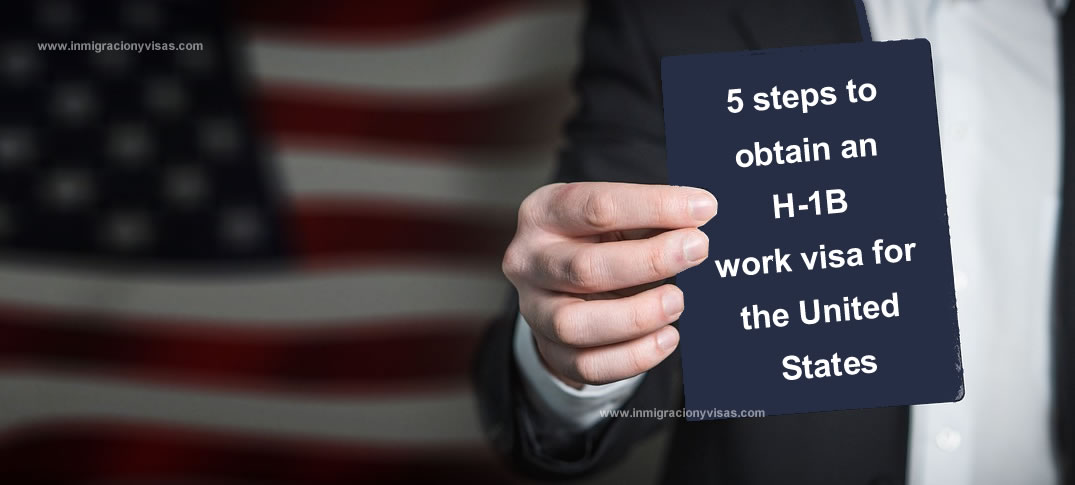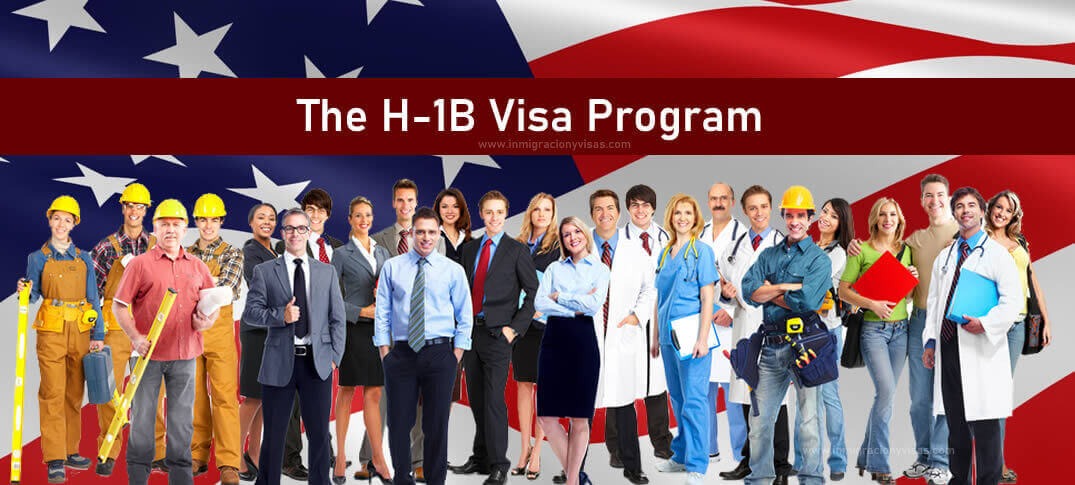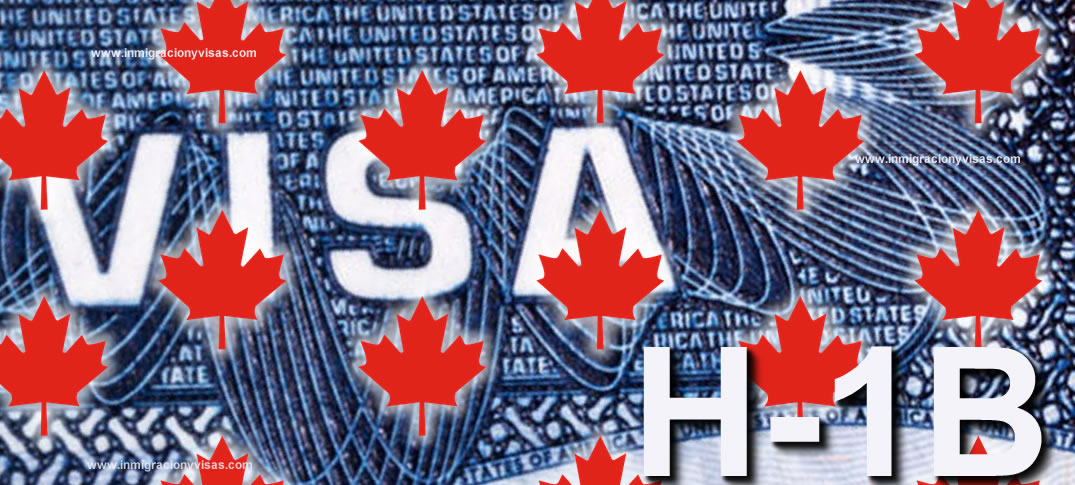Written by Leslie Dellon www.immigrationimpact.com/
As with the proposed rule, USCIS will not be notifying the employers that there are multiple registrations. The American Immigration Council (Council) and the American Immigration Lawyers Association (AILA) had commented that not providing notice wastes resources of multiple employers, who should have the opportunity to perform a cost-benefit analysis, and increases agency workload from unnecessary H-1B petition filings. While USCIS may approve multiple H-1B petitions, the beneficiary can only work full-time for one of the petitioners.
USCIS separately issued a final rule increasing most fees for employment-based filings, including a change in the registration fee from $10 to $215. Since the new fees take effect on April 1, 2024, this increase will not apply to the March 2024 registration. However, potential employers filing H-1B petitions based on the selected beneficiary centric registration will pay substantially higher fees than last year.
The final rule also includes the following registration-related topics:
- Requiring the beneficiary’s valid passport or travel document information for registration and restricting beneficiary registration to only one such document. USCIS initially added only a passport requirement but in response to comments, including the Council and AILA’s, that this would exclude stateless persons, refugees, and others without access to a valid passport, USCIS added travel documents as “consistent with the Administration’s dedication to promoting access for refugees and stateless individuals.” Any discrepancy between the information provided for registration and the document used to seek admission to the United States, or the information provided in the H-1B petition may result in petition denial or revocation. However, the agency may use its discretion to find a change permissible, giving examples such as a name change due to marriage or document renewal or replacement.
- Clarifying that “consistent with current USCIS policy,” the requested start date in an H-1B petition may be later than October 1 (which is the first day cap-subject H-1B visa numbers are available in a fiscal year). Until the agency was sued in 2021, and ended the practice, the agency had rejected some H-1B petitions that requested a later start date.
- Codifying that USCIS may deny or revoke a cap-subject H-1B petition when:
- The beneficiary’s identifying information in the petition has changed from the registration.
- The registration includes a false attestation or is “otherwise invalid” (potential H-1B employers attest that there is a legitimate job offer and they are not working with others to improve the chance of selection).
- The registration fee is invalid (meaning the agency could not collect the fee).
- The petition filed is not based on a valid registration.
- Codifying that USCIS may deny, or revoke upon notice after approval, an H petition (not just H-1B) when statements on any of the following are “inaccurate, fraudulent, or misrepresented a material fact:” the H-1B registration (including a false attestation); an H petition; a Labor Condition Application that must be filed with the H-1B petition; or a temporary labor certification that must be filed with a petition for an H-2A temporary agricultural or H-2B temporary non-agricultural worker. While these regulations apply to other H categories, they are related to the registration process in their applicability to statements on the registration and cap-subject H-1B petition filings.
- Adding a provision that the beneficiary-centric registration, delayed start date, and denial/revocation regulations may be separated (severed) if a lawsuit is filed and a court finds some but not all of the regulations invalid.
USCIS’ recognition that the registration system needed to be changed and its willingness to implement the beneficiary centric system in time for the next time cap-subject H-1B visa numbers will be available (on October 1, 2024) are a welcome improvement. But only Congress can alleviate the substantial demand for H-1B workers, and the loss of STEM professionals and other highly educated workers who leave the United States because they cannot obtain an H-1B classification, by increasing the H-1B visa numbers available annually to those not exempt from the cap.




